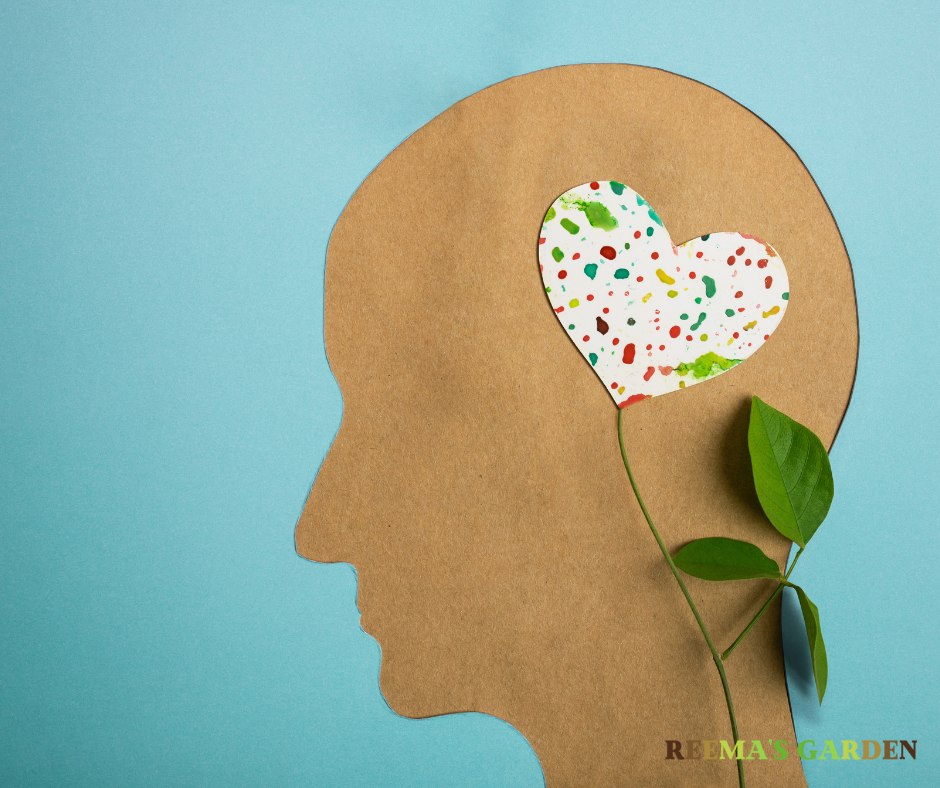Let’s get real and practical for this post. There are a lot of people in this world who are facing mental health issues. In a country like ours, mental health is not given the attention and priority it should receive. But this post is NOT about whether society should accept mental problems as illness or not. This post is about how being around plants or recreational activities like gardening could solve certain type of issues related to your state of mind.
As a plant lover myself, I really feel calm and peaceful when I am around them or while taking care of our little friends. It feels good to watch them grow, work around them or simply embrace them. As we all are too engaged with our electronic devices, in fact you are reading this (and I am writing this) on one too! We are pretty much indoors and interaction with nature happens barely or only during vacations. People are now leaning towards turning their homes and offices into green spaces. We can surely agree on one thing, we all feel happy after seeing different types of plants around us or it feels so satisfying to see a flower bloom right in front of us. And what about cooking food with veggies and herbs which were cultivated in our own homes? I don’t know why but they do taste different, don’t they?

Setting every feeling aside, one thing does cross our minds that whether all these things surreal or backed up by any type of scientific evidences?
It would be interesting to know that many scientific studies and psych evaluations are carried out which have proven that having plants around actually improve our mental status. Let us have a look at some of these studies.
- Interaction with indoor plants may reduce psychological and physiological stress by suppressing autonomic nervous system activity in young adults: a randomized crossover study was conducted by Lee et al. in 2015 with the aim to establish a connection between mental health and presence of indoor plants. The team conducted their study on 24 young adult males. They were divided into two groups of twelve each and the first group was given a task to be completed on computer while the second group did transplanting of plants in their office. The groups were made to switch tasks after a certain time and were evaluated with specific scientific protocols. Interestingly the people felt more comfortable, relaxed and soothed after interaction with plants as compared to their computers. So, it was concluded that interaction with indoor plants reduces mental stress and makes humans feel more calm and composite.
- In another paper published by Thompson, R., 2018, it stated that gardening has many positive effects on humans. In today’s era problems like anxiety, fear and depression have spiked a lot and can be overcome with the help of gardening regularly.
- A study was conducted in Japan where people who lived near plants and were regularly involved in gardening displayed reduced symptoms of stress, fear, anxiety, anger, sadness etc. Not only this, people who were suffering from high blood pressure also experienced reduction in high BP, reduced muscle tension and pulse rate (Nakamura R. and Fujii E, 1990).

There are countless studies which are conducted by renowned scientists and institutions which prove that having plants around will help us in improving our mental health. If you are suffering from depression, fear, anxiety or any other kind of problem, having plants around and interacting them will surely reduce your issues if not resolve them. If you know someone who is facing the same problems, it would be my humble request to you to share this post with them. May be by doing this you are making someone’s life better.
In the end as I always say,
Happy gardening folks!
Written by
Antra Thada
References:
- Lee, M.S., Lee, J., Park, B.J. and Miyazaki, Y., 2015. Interaction with indoor plants may reduce psychological and physiological stress by suppressing autonomic nervous system activity in young adults: a randomized crossover study. Journal of physiological anthropology, 34(1), pp.1-6. doi: 10.1186/s40101-015-0060-8
- Thompson, R., 2018. Gardening for health: a regular dose of gardening. Clinical Medicine, 18(3), p.201.
- Nakamura R. and Fujii E. Studies of the characteristics of the electroencephalogram when observing potted plants. Techn Bull Fac Hort Chiba Univ. 1990;43:177–83.

